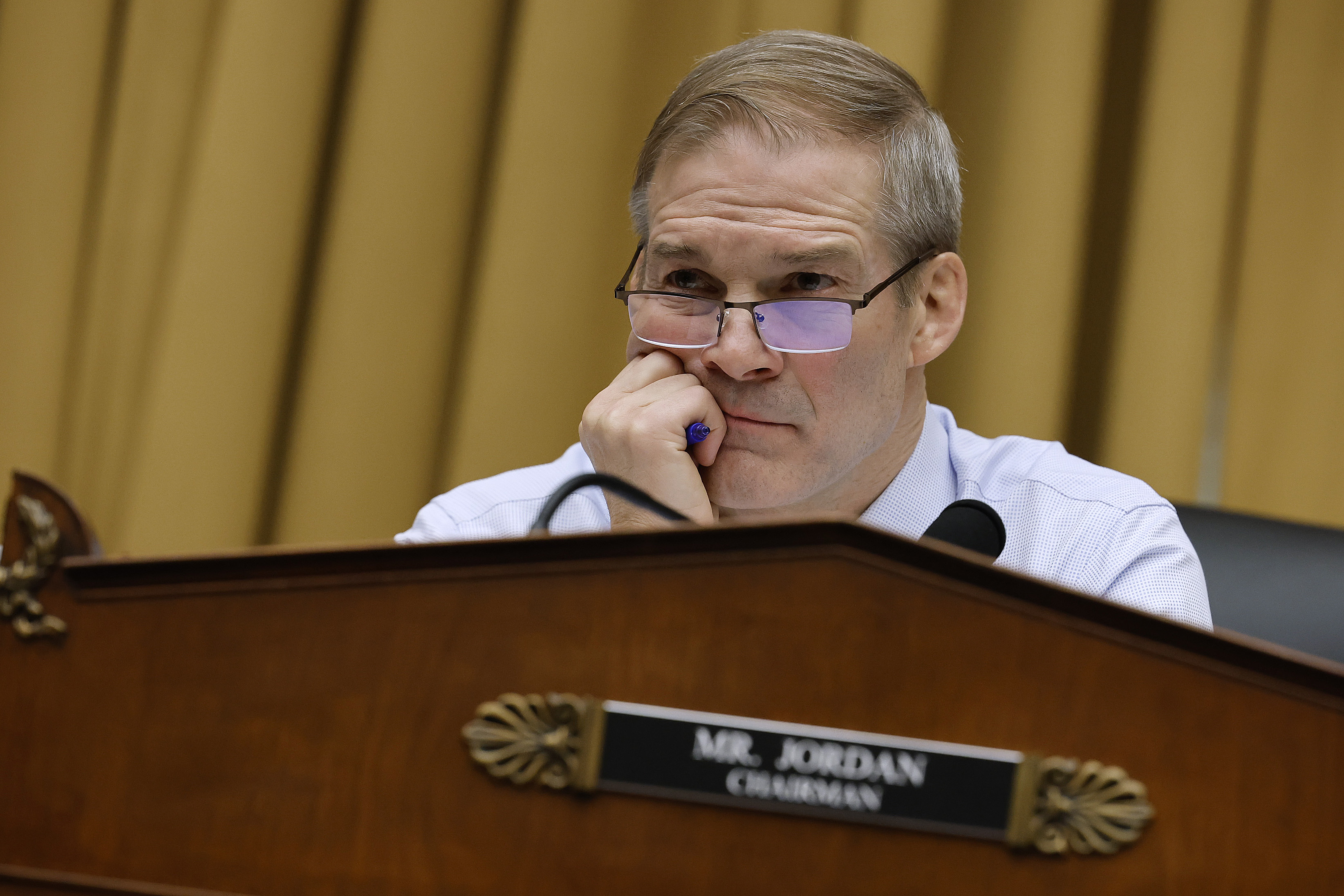
China's Scathing Rebuke: Canada's Human Rights Criticisms Exposed As Double Standard Facade
Overview
China has vehemently denounced Canada's criticisms of its human rights record, accusing Ottawa of employing "double standards" and hypocrisy. This scathing rebuke has sparked a diplomatic spat between the two countries and raises important questions about the complexities of global human rights discourse.
Canada's Human Rights Concerns
Canada has consistently expressed concerns over human rights violations in China, including the crackdown on Uyghur Muslims in Xinjiang, the erosion of democratic freedoms in Hong Kong, and the arbitrary detention of Canadian citizens. Prime Minister Justin Trudeau has called on China to release political prisoners, respect the rule of law, and uphold international human rights commitments.
China's Rebuttal
In response, China has accused Canada of "gross interference" in its internal affairs and hypocrisy in its approach to human rights. Chinese officials have pointed to Canada's own history of human rights abuses, such as the treatment of Indigenous peoples in residential schools and the detention of asylum seekers at the border. They argue that Canada lacks the moral authority to criticize other countries on human rights grounds.
Double Standards or Legitimate Concerns?
The debate over Canada's human rights criticisms of China hinges on the question of double standards. Critics argue that Canada should not criticize other countries for human rights violations while its own record is imperfect. Proponents, however, maintain that Canada has a moral obligation to speak out against human rights abuses regardless of its own shortcomings.
It is important to note that human rights are universal and indivisible. All countries are bound to uphold the same fundamental rights and freedoms for their citizens. However, the specific challenges and priorities of each country may differ.
Different Cultural and Historical Contexts
China and Canada have vastly different cultural and historical contexts that shape their respective views on human rights. China emphasizes collective rights and economic development, while Canada prioritizes individual freedoms and political pluralism. These differences can lead to divergent interpretations of what constitutes a violation.
Power Dynamics and Geopolitics
Geopolitical power dynamics also play a role in the human rights discourse. Western countries like Canada often have more leverage to raise concerns about human rights in other countries than smaller or less powerful nations. This can create a perception of double standards, as powerful countries are seen as holding others to a higher standard than themselves.
Case Studies
Examining specific case studies can shed further light on the complexities of double standards in human rights discourse:
- Uyghur Muslims in Xinjiang: Canada has strongly condemned China's treatment of Uyghur Muslims in Xinjiang, accusing the Chinese government of genocide. However, some critics argue that Canada's own treatment of Indigenous peoples has been equally problematic, raising questions about its moral authority to criticize China.
- Political Prisoners in Hong Kong: Canada has called for the release of political prisoners in Hong Kong, including those detained under the National Security Law. However, China points to Canada's detention of First Nations activists and environmental protesters as evidence of its own double standards.
Reconciling Differences
Resolving the issue of double standards in human rights discourse requires a recognition of both universal rights and cultural diversity. Countries should engage in dialogue and cooperation to find common ground and develop shared understandings of human rights principles.
International organizations like the United Nations can play a crucial role in facilitating these conversations and ensuring that all countries are held accountable for upholding human rights.
Conclusion
China's scathing rebuke of Canada's human rights criticisms has highlighted the complexities of global human rights discourse. The notion of double standards raises important questions about the legitimacy of criticisms, the role of cultural and historical contexts, and the influence of power dynamics. While all countries must uphold fundamental human rights, it is essential to recognize differences in perspectives and engage in constructive dialogue to find common ground and address human rights concerns worldwide.
Comments
Post a Comment